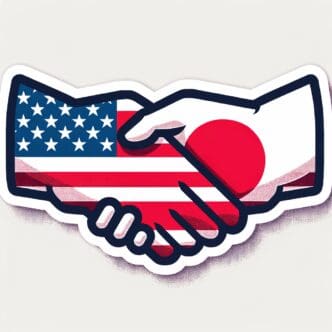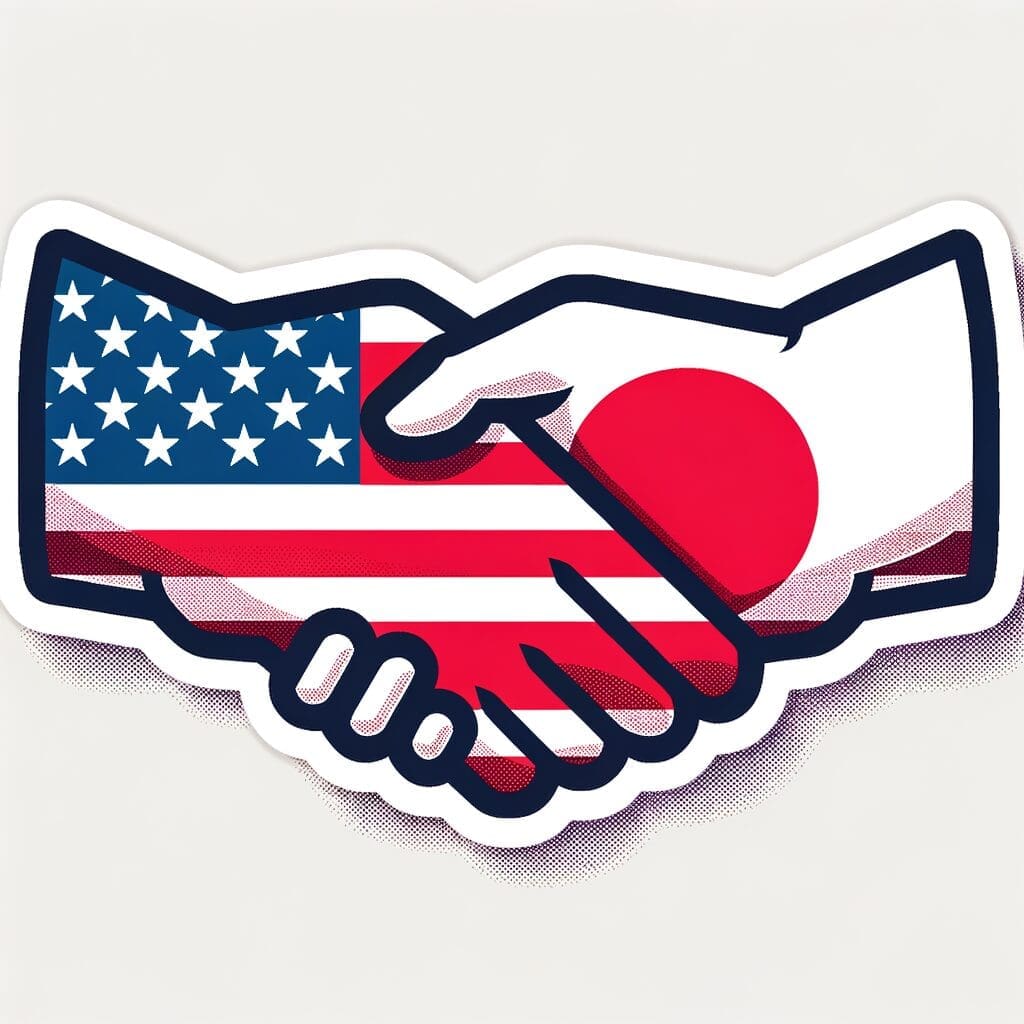Japan has reported progress in its trade discussions with the United States, as officials from both nations work to alleviate tariffs impacting Japanese exports. The talks, which mark the fifth round of negotiations, are aimed at reducing tariffs that have significantly affected Japan's economy, particularly in the automotive, steel, and aluminum sectors. Currently, these tariffs have reached rates as high as 50% in some cases, coupled with a general 10% tariff, causing considerable economic strain on Japan.
In a recent meeting held in Washington, Japan's chief negotiator, Ryosei Akazawa, engaged in discussions with key U.S. officials, including Treasury Secretary Scott Bessent and Commerce Secretary Howard Lutnick. Although specific details of the progress were not disclosed, the negotiations are anticipated to be the last face-to-face talks between senior officials before the upcoming Group of Seven (G7) summit on June 15. President Donald Trump is expected to meet with Japanese Prime Minister Shigeru Ishiba at the summit.
Japan faces an additional challenge with a looming 24% tariff rate set to be enforced in July unless a new agreement can be reached. Akazawa emphasized the urgency of the situation, expressing a desire for a resolution prior to the G7 summit. Nonetheless, he stressed the importance of balancing this urgency with the protection of Japan's national interests.
Potential negotiation points include Japan's purchase of U.S. defense equipment, collaboration on shipbuilding technology, revision of automobile import standards, and an increase in agricultural imports. Japan has also proposed a mechanism to reduce auto tariffs based on a country's contributions to the U.S. auto industry, a strategy reported by local media sources. Akazawa reiterated Japan's firm stance against the existing tariffs, underscoring the need for a fair trade agreement.








